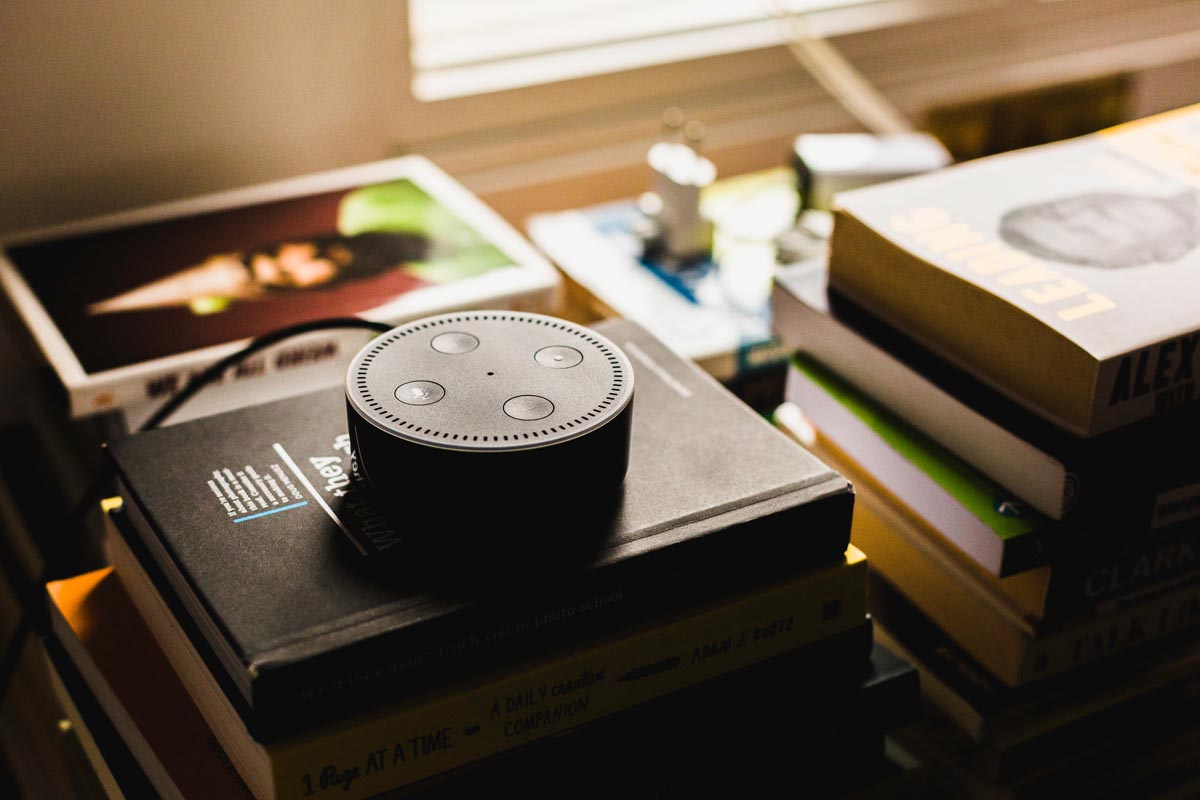“Alexa, play Drake” is a common phrase heard in the homes of Amazon Echo owners. So common in fact that Drake’s God’s Plan was the most requested song on Alexa in 2018. But do consumers use smart speakers for much else beyond streaming music? To find out, we asked 404 US consumers about their smart speaker usage, running a MaxDiff and an Implicit Association Test to uncover product preferences and subconscious associations within the category. The study specifically looks at Amazon Alexa, Google Home, Siri, Microsoft Cortana, and Samsung’s Bixby.
To interpret the results, we looked at the implicit association strength (IAS) to measure how strongly consumers associate certain characteristics and attributes towards a specific category. The IAS in percentage shows how frequently an item was deemed to fit with the category (weighted by reaction time).
With an IAS of over 85 percent each, consumers strongly view smart speakers as a source of knowledge, easy-to-use, and convenience. Streaming music is by far the most popular use of smart speakers with 82 percent of respondents report doing so. Other popular features include asking questions (67 percent), checking the weather (64 percent), and setting an alarm (61 percent). These high percentages play into the convenience of smart speakers where users no longer have to type their queries into a mobile device or computer.
However, shopping is not something that consumers are interested in using a smart speaker for. Regardless of Amazon’s push into Alexa voice shopping, only 17 percent of respondents use smart speakers for making purchases.
Therefore, brands should focus their smart speaker strategy less on commerce and more on providing knowledge to their customers. Leading brand examples include Tide’s ‘Stain Remover’ Alexa skill that offers hands-free, step-by-step instructions to remove specific stains and Patrón’s ‘Cocktail Lab’ featuring unique cocktail recipes and bartending tips.
While these skills align with consumers view of smart speakers as smart and helpful, brands should keep in mind that smart speakers are still considered to be more robotic than they are human-like, and are not associated with complex human traits, like wit, sympathy, and making nice conversation.
P.S. As a brand, Samsung is highly associated with smart speakers (81 percent), but its voice assistant, Bixby, is not (39 percent).




